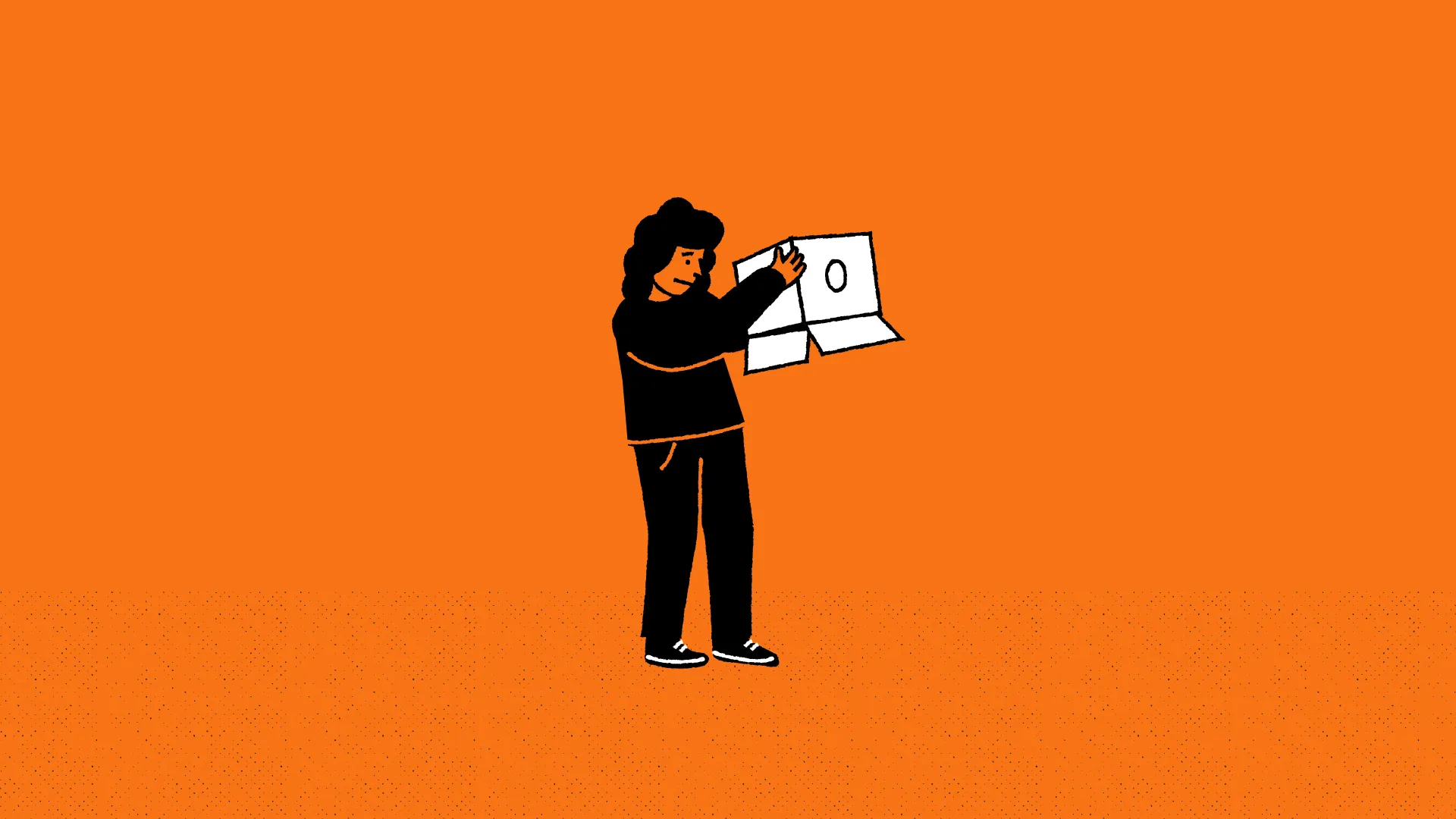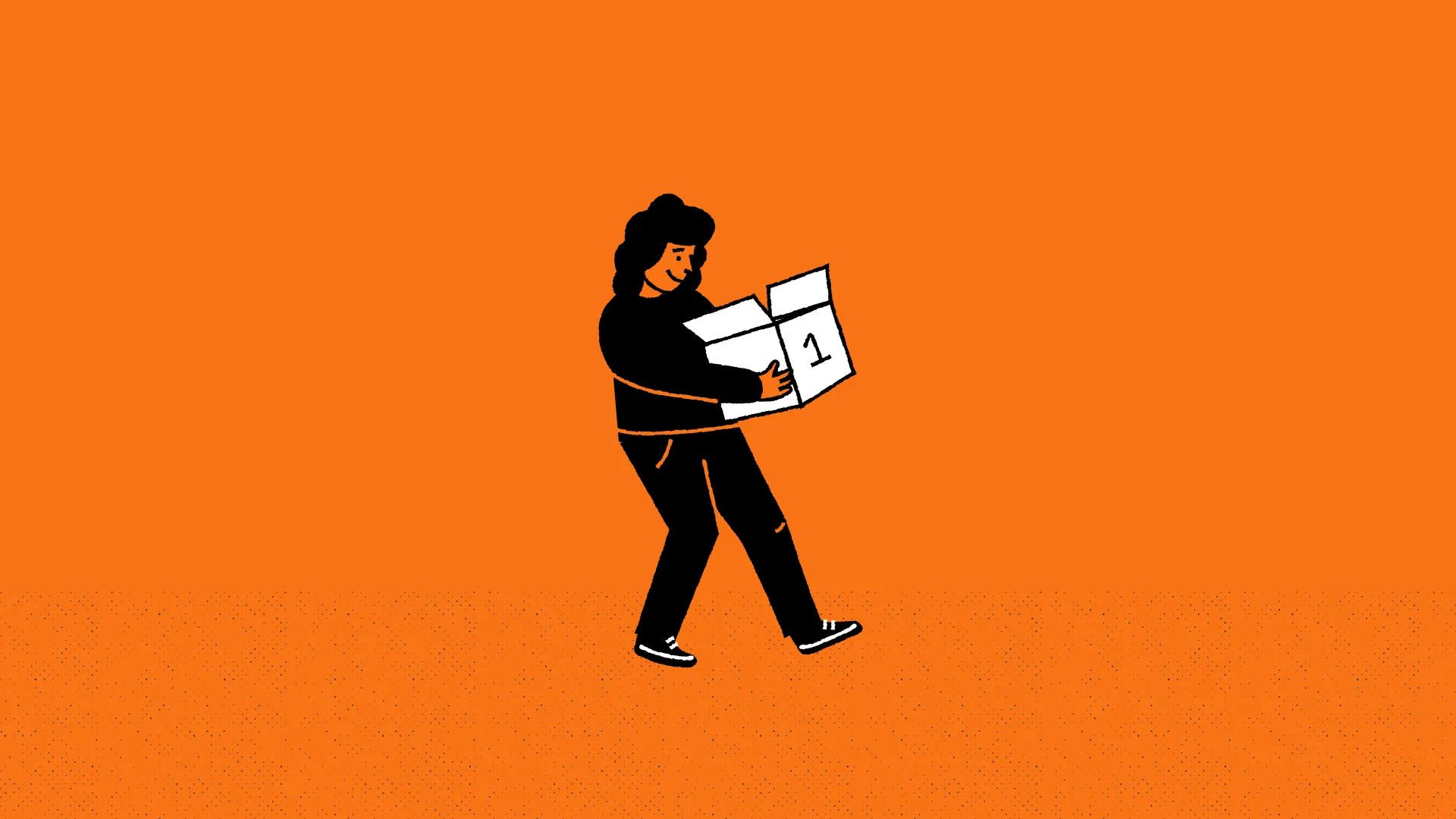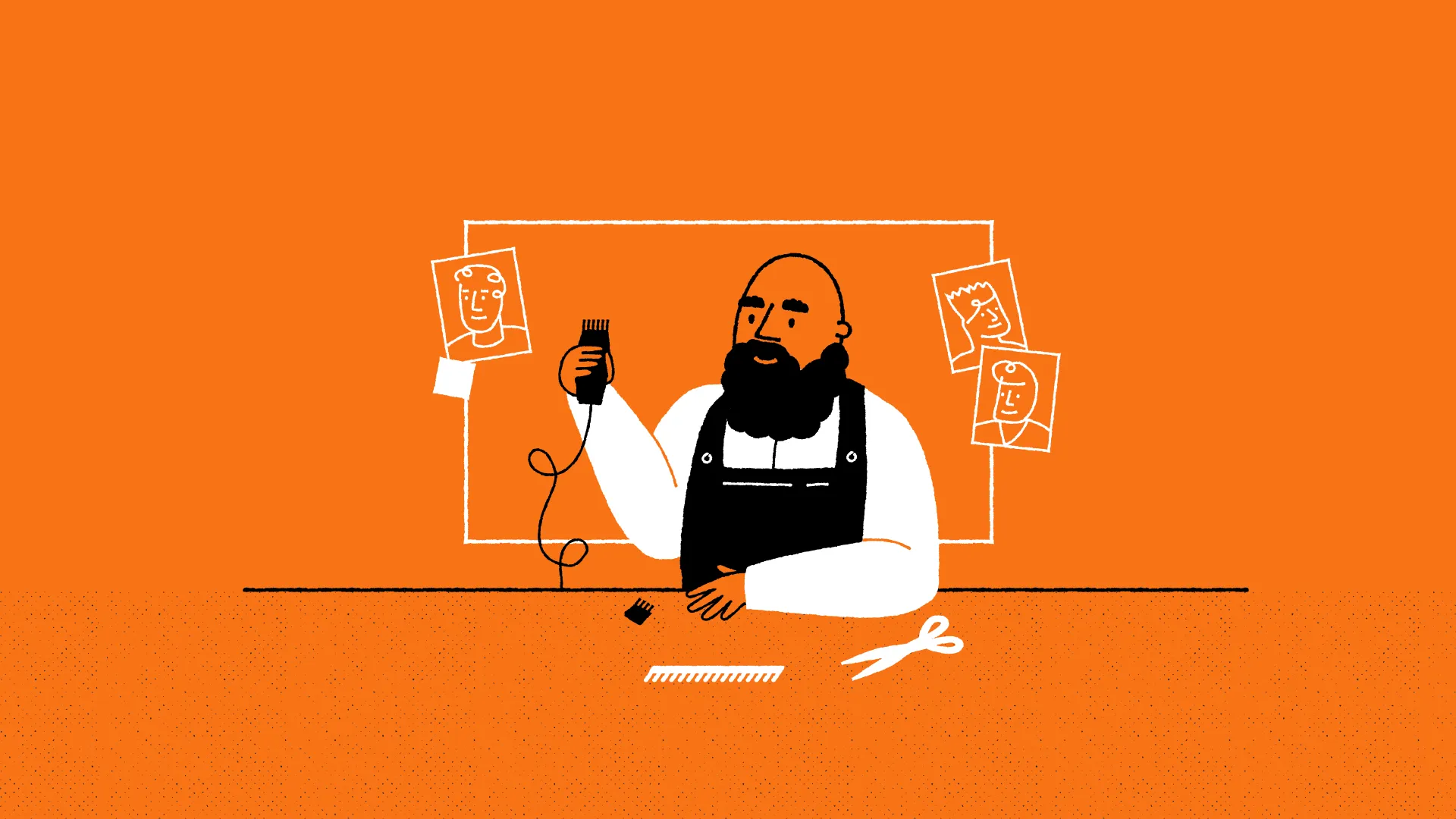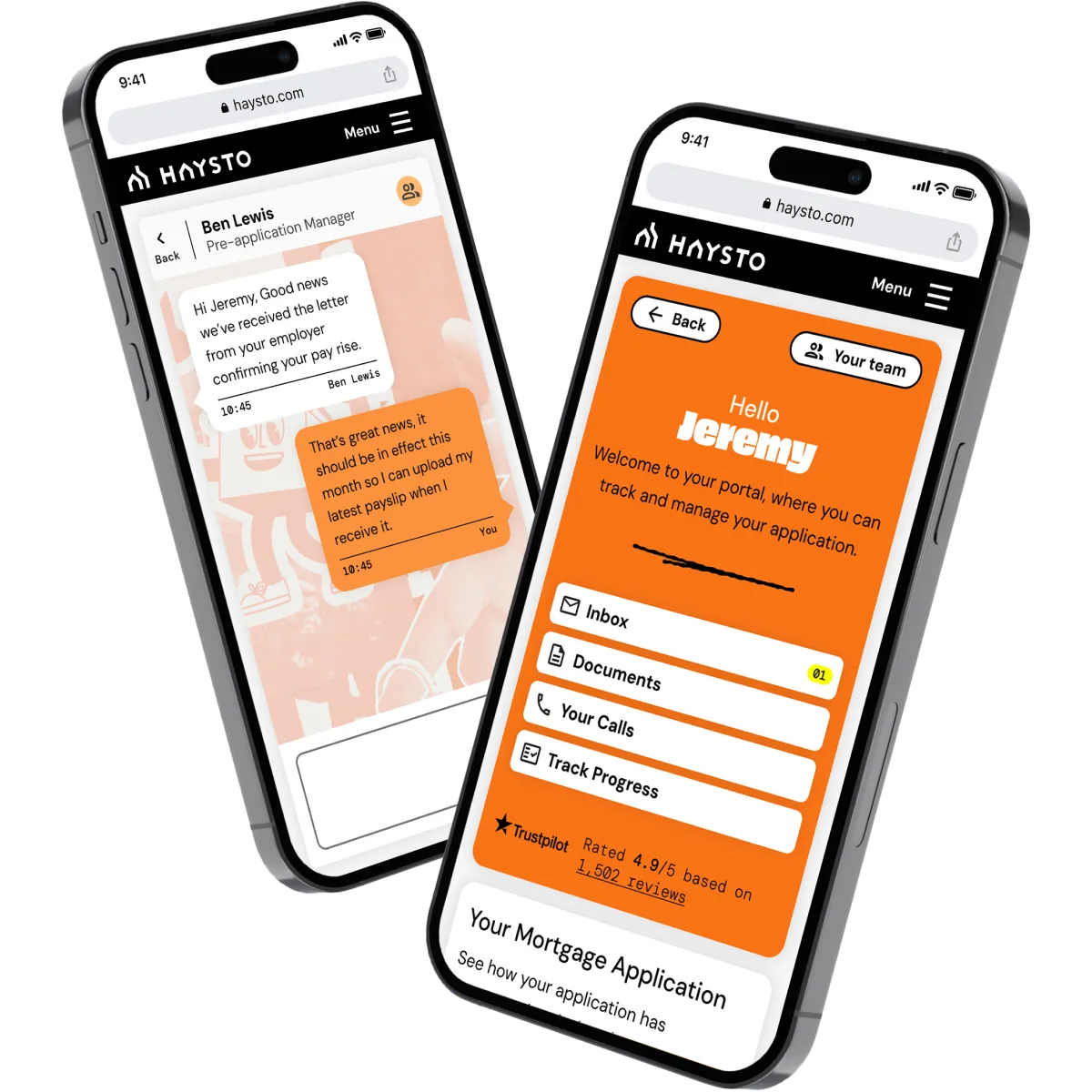Self-Employed Mortgages
Not a 9-to-5 type? You've come to the right place! We understand complex situations and are here to help you find an affordable mortgage solution that suits your needs.
Your home may be repossessed if you do not keep up repayments on your mortgage.
Exclusive broker partner to

Why Haysto?
The Self-Employed Mortgage Specialists
We’re here for people who work for themselves – the ones who don’t fit into traditional job roles. When the “computer says no”, speak to Haysto.
Our Guides
Self-Employed Mortgage Guides
We understand the unique challenges that come with being self-employed, like proving your income or dealing with irregular cash flow. We’ve helped thousands secure mortgages, no matter how complicated their financial situation is. Read our guides below to find out how we can help you.

8 mins
Contractor Mortgages
Looking for a mortgage as a contractor? Discover how Haysto can help you find affordable mortgage solutions that suit your needs.
Read guide

5 mins
Mortgages For Agency Workers
Looking for a mortgage as an agency worker? Find out how Haysto could help you find affordable mortgage solutions that suit your needs.
Read guide

8 mins
Mortgages For Freelancers
Looking for a mortgage as a freelancer? Discover how Haysto can help you find affordable mortgage solutions that suit your needs.
Read guide

6 mins
Mortgages For Company Directors
Want to know more about getting a mortgage as a limited company director? Find out how Haysto could help make your mortgage possible.
Read guide

5 mins
Mortgages For Self-Employed Without Accounts
Find out everything you need to know about getting a mortgage if you're self-employed with no certified accounts and how Haysto could help make this possible.
Read guide

3 mins
Mortgages Using Retained Profits
Find out all you need to know about getting a mortgage using retained profits and how Haysto can help make your mortgage possible.
Read guide

6 mins
Self-Employed Mortgage With 1 Year's Accounts
Need a self-employed mortgage with just 1 year's accounts? Find out how Haysto could help you find an affordable mortgage solution that suits your needs.
Read guide

5 mins
Self-Employed Mortgage With 2 Years' Accounts
Need a self-employed mortgage with just 2 year's accounts? Find out how Haysto could help you find an affordable mortgage solution that suits your needs.
Read guide

5 mins
Mortgages For Sole Traders
Find out everything you need to know about getting a mortgage as a sole trader and how Haysto can help make your mortgage possible.
Read guide
How It Works
Tech Smarts, Human Hearts
We don’t use technology to replicate humans. We use technology to enable us to spend more time on what matters most. Understanding your unique situation, and finding the right mortgage for you. Meet the experts. Not the robots.
Get Started Now
No More Computer Says No
- Compassion-led, zero judgement.
- Our tech was built to empower you.
No More Being Ghosted
- We work for you. Not the lenders, or the banks.
- Book a call anytime. Message our team 24/7.
No More Confusing Processes
- See your progress in real time in your portal.
- Manage your docs and info all in your portal.
No More Feeling Hopeless
- No-nonsense advice – no matter your situation.
- We exhaust every avenue to find you a mortgage.
What People Say
See How We Make A Difference
Life-changing stories straight from our customers. Read how we made mortgages possible for those who previously thought it wasn’t.
We'd almost lost hope until we found Haysto. It's nice to have people you can trust!
Meghan & Stu
Read Their Story
Information
Tools & Guides
Haysto, a trading style of Haysto Ltd, is an appointed representative of HL Partnership Limited, which is authorised and regulated by the Financial Conduct Authority.Registered Office: Haysto, Crystal House, 24 Cattle Market Street, Norwich, NR1 3DY. Registered in England and Wales No. 12527065
There may be a fee for mortgage advice. The exact amount depends upon your circumstances but will range from £599 to £1599 and this will be discussed and agreed with you at the earliest opportunity.
The guidance and/or information contained within this website is subject to the UK regulatory regime and is therefore targeted at consumers based in the UK.
Your home may be repossessed if you do not keep up repayments on your mortgage.








